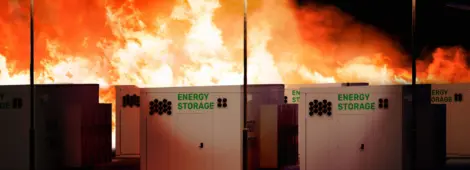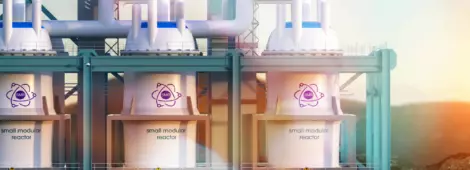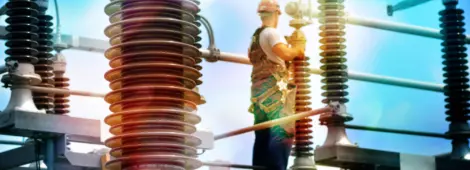
Four Common Myths About Commercial Fire Sprinkler Systems
by Usha Tyson, PE
One of the simplest and most effective methods of commercial fire protection is the sprinkler system. Fighting a fire when it's small is the best way to prevent injury to people and damage to property. According to the National Fire Protection Association (NFPA), when sprinklers are present, the chances of dying in a fire are reduced by four-fifths and the average property loss per fire is cut by one-half to two-thirds, compared to fires where sprinklers aren't present. While it’s unquestionable that sprinklers are critical lines of defense against a fire, it’s surprising how many myths still exist about how sprinklers actually work. In this post, let’s confront 4 myths about commercial fire sprinkler systems and debunk them once and for all.
- Every sprinkler head goes off during a fire
Each fire sprinkler head is designed and calibrated to react to the heat of a fire. Instead of releasing suppression agents on unaffected areas of a property, only the sprinkler heads in the proximity of the fire will activate to suppress the fire. The only type of system that is designed for all sprinklers to activate is a deluge system. These are usually found in systems that are protecting structures with highly combustible fuels. In these situations, it’s critical to disperse a large amount of suppressant before the flame quickly escalates. - Sprinkler systems extinguish fires
Although sprinkler systems have extinguished countless fires since their inception in the late 19th century, most sprinkler systems are designed to “suppress” fires. They work by limiting the size of the fire growth and containing the fire in the area of origin so occupants can evacuate safely. - Fire sprinkler systems do not require maintenance
To keep your fire sprinkler system in the best working condition, regular maintenance and monthly tests should be conducted. These can include inspecting the sprinkler system heads, and looking for any possible leaks or valve malfunctions. Fire sprinkler system inspections are the only ways to know that your building is in compliance with NFPA regulations. - All sprinkler systems contain water
Determining the appropriate sprinkler systems is not a “one size fits all” approach. Consider an office building with desks and conference rooms compared to an unheated warehouse filled with boxes of goods. The automatic fire sprinkler system that will effectively protect an office building will not necessarily be the same system that will work for the warehouse.
To optimize the use of a fire sprinkler installation, work with a fire protection engineer to determine the most suitable type of commercial fire sprinkler heads, as well as the optimal layout for full coverage. Fire protection engineers can meet all applicable codes and standards for automatic sprinkler systems, and ensure that you are providing the safest—and most cost effective—solutions for your facility.












